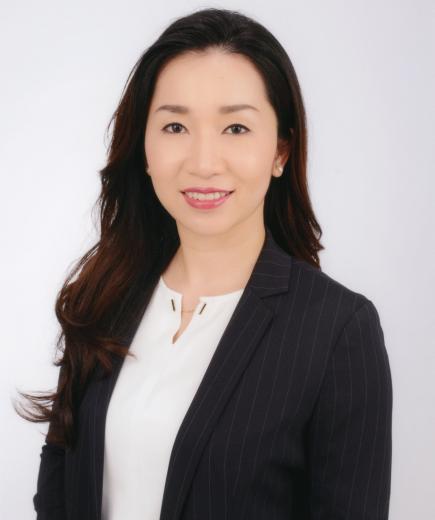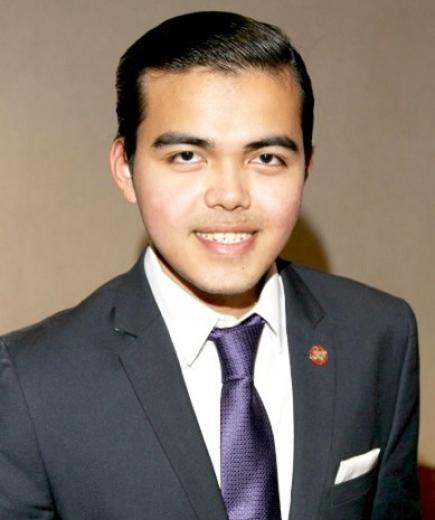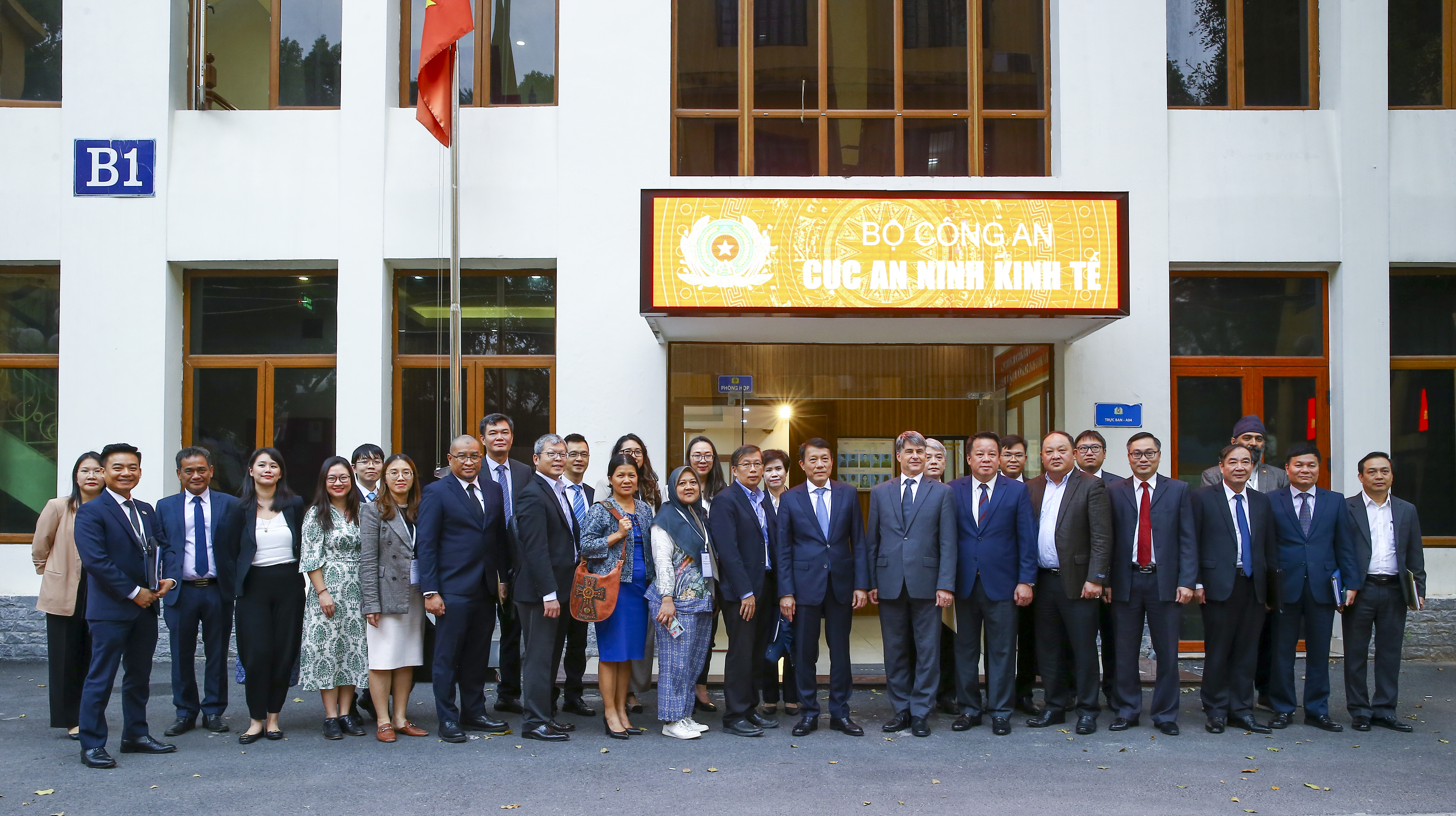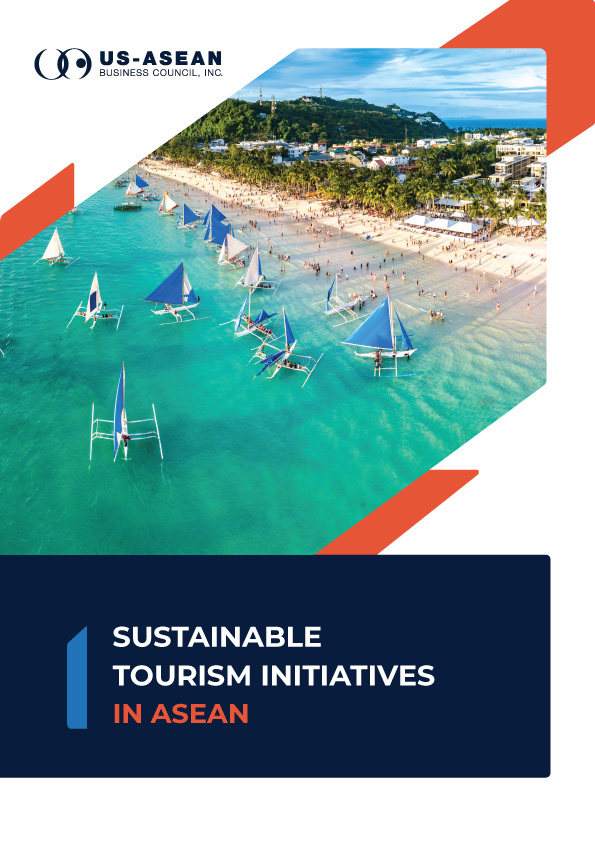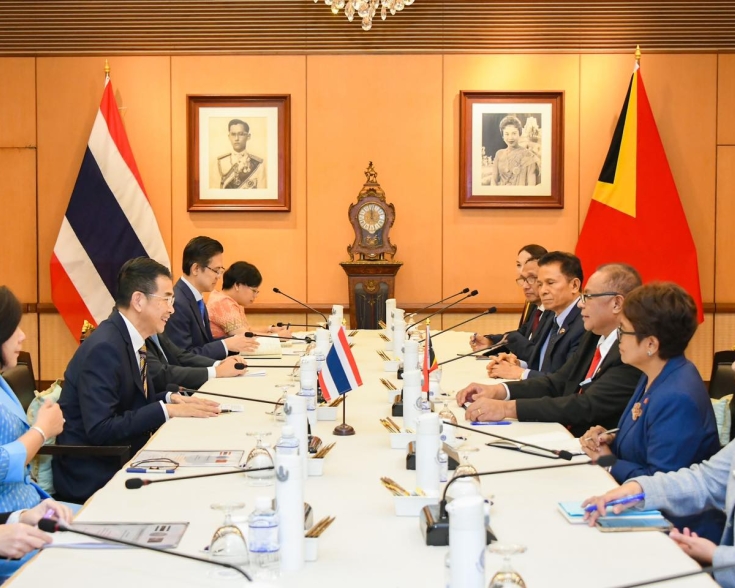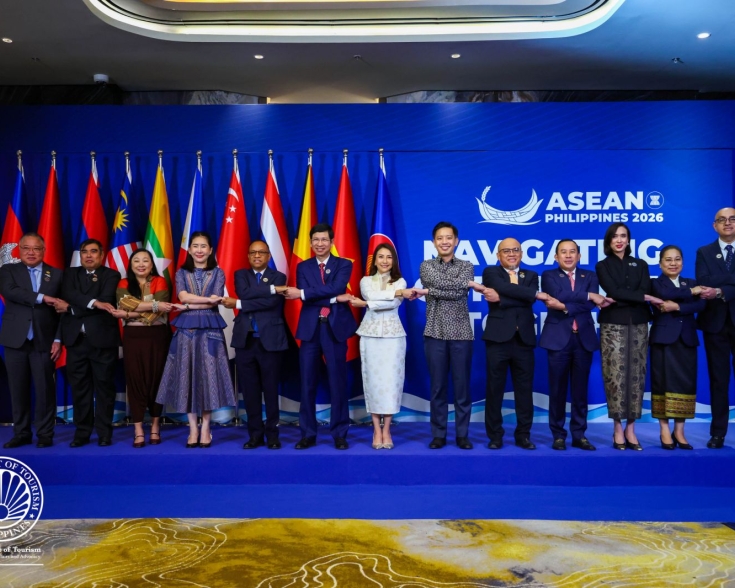Government of Vietnam Looks to Enhance Global Competitiveness in Attracting FDI
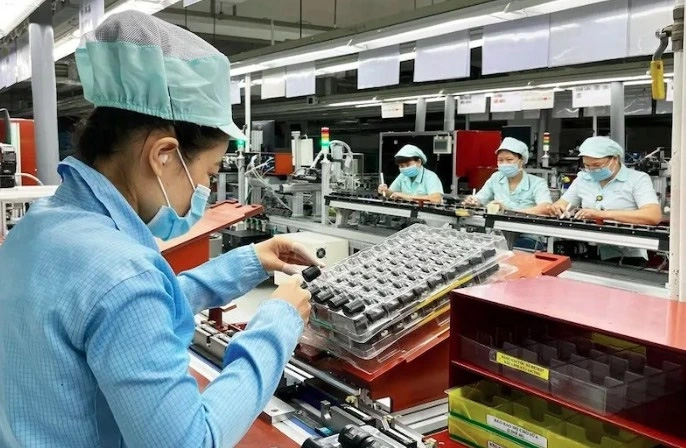
FDI surges to record levels in first seven months of 2025
Vietnam attracted nearly US$24.09 Bn in foreign direct investment (FDI) in the first seven months of 2025, up 27.3% year-on-year and marking the highest seven-month figure in the past five years. Disbursed capital reached US$13.6 Bn, an 8.4% increase, underscoring strong investor confidence in the country’s economic prospects despite US trade policy headwinds.
According to the Ministry of Finance’s National Statistics Office, the total registered capital of US$24.09 Bn comprised US$10.03 Bn in newly registered capital, US$9.99 Bn in adjustments, and US$4.07 Bn in capital contributions or share purchases. While newly registered capital fell 11.1%, the number of projects rose 15.2% to 2,254, signaling sustained investor appetite despite smaller average project sizes. Adjusted capital surged 95.3% as 920 existing projects expanded their investments.
Manufacturing attracted the largest share of newly registered capital with US$5.61 Bn (56%), followed by real estate with US$2.36 Bn (24%). Of the US$13.6 Bn disbursed capital, processing and manufacturing accounted for 81.6%, while real estate contributed 8%. Among 74 investor countries, Singapore led with US$2.84 Bn, followed by China (US$2.27 Bn) and Sweden (US$1 Bn), alongside Japan, Taiwan, and Hong Kong.
Notable FDI projects during this period include Sweden’s Syre—a joint venture between H&M Group and Vargas—developing a US$1 Bn polyester fabric recycling complex in Binh Dinh (now Gia Lai province), aiming to position Vietnam as the world’s first high-tech circular textile hub. LEGO’s US$1.3 Bn factory in Binh Duong and the US$1.1 Bn Yen So Park in Hanoi are advancing, alongside the Trump Organization’s US$1.5 Bn development in Hung Yen.
A strong pipeline of projects continues to reinforce Vietnam’s FDI momentum. In high-tech manufacturing, US-based Coherent has inaugurated a US$127 Mn plant in Dong Nai to produce silicon carbide and photonics components. South Korean conglomerates are also stepping up their investments, with LG, Hyosung, Lotte, Hana Micron, Samsung and SK Group all actively expanding their footprints in Vietnam. SK Group is preparing three LNG-to-power projects worth over US$10 Bn, alongside ventures in AI, hydrogen, logistics, and sustainable agriculture. Meanwhile, the UAE’s state-backed G42 is set to co-develop a US$2 Bn hyperscale data center in Ho Chi Minh City, positioning Vietnam as a rising hub for digital infrastructure in Southeast Asia.
With a stable political environment, an extensive network of trade agreements, and a dynamic, skilled young workforce, and sweeping pro-business reforms, Vietnam continues to reinforce its position as a leading FDI destination in Southeast Asia.
Vietnam’s sweeping visa and labor reforms to boost global talent competitiveness
Vietnam has unveiled a suite of bold reforms aimed at enhancing its appeal to foreign investors and visitors, with a particular focus on visa and work permit regulations. The government’s measures, announced and immediately implemented in August 2025, signal a strategic effort to streamline procedures, attract top talent, and address skilled labor shortages in key sectors.
Streamlining work permits:
The government issued Decree 219/2025/ND-CP on August 7, 2025, which took immediate effect and introduced major reforms in the management of foreign employees. Key changes include:
- Streamlined procedures: Employers no longer need to post recruitment notices or obtain preapproval for using foreign labor, as explanations of labor demand are now included in a single application form.
- Flexibility across provinces: Foreign employees can work in multiple provinces for the same employer without separate permits.
- Reduced experience requirements: Lowered years of experience required for experts or technical workers.
- Revised work permit exemptions: Applicable for foreigners working in Vietnam for less than 90 days per calendar year, with unlimited entries; Foreign students and interns with internship agreements or job offers in Vietnam.
- New exemption category: Foreigners approved by relevant ministries or provincial People’s Committees to work in priority sectors such as finance, science, technology, innovation, and digital transformation.
Attracting top talent:
Decree 221/2025/ND-CP, issued on August 8 and effective from August 15, introduces a limited-term visa waiver program targeting foreign individuals capable of contributing to Vietnam’s socio-economic development. Eligible foreigners, including scientists, corporate leaders, and research institute guests, can obtain cards allowing multiple entries into Vietnam for up to five years. The decree covers a broad range of individuals, from state-level guests and diplomats to business leaders, investors, and experts in priority sectors. A summary of eligible beneficiaries can be found here.
Vietnam is also focusing on repatriating domestic talent. Recent adjustments to Nationality Law aim to draw back experts from global tech firms and scientists holding patents, offering competitive salaries, tax incentives, and accommodation support.
Expanding temporary stays and tourism incentives:
Additionally, Resolution 128/NQ-CP extended temporary stays from 15 to 45 days for citizens of 13 countries, including Japan, South Korea, Germany, the UK, and Russia, regardless of passport type or entry purpose. Meanwhile, Resolution 229/NQ-CP provides visa-free entry for tourism to citizens from 12 European countries for up to 45 days, as part of a broader tourism stimulus initiative.
These reforms collectively position Vietnam as a more competitive destination for global talent and investment. Experts and foreign business leaders have expressed optimism about the potential to attract higher-quality human capital and stimulate economic growth. These initiatives align with broader concerns over skilled labor shortages, particularly in high-tech sectors, where the share of foreign-invested sector workers with formal degrees declined from 25.5% in 2021 to 21.7% in 2024.
Nevertheless, clear guidelines, flexibility in eligibility criteria, and consistent enforcement will be critical to sustaining investor confidence and enhancing Vietnam’s regional competitiveness.
